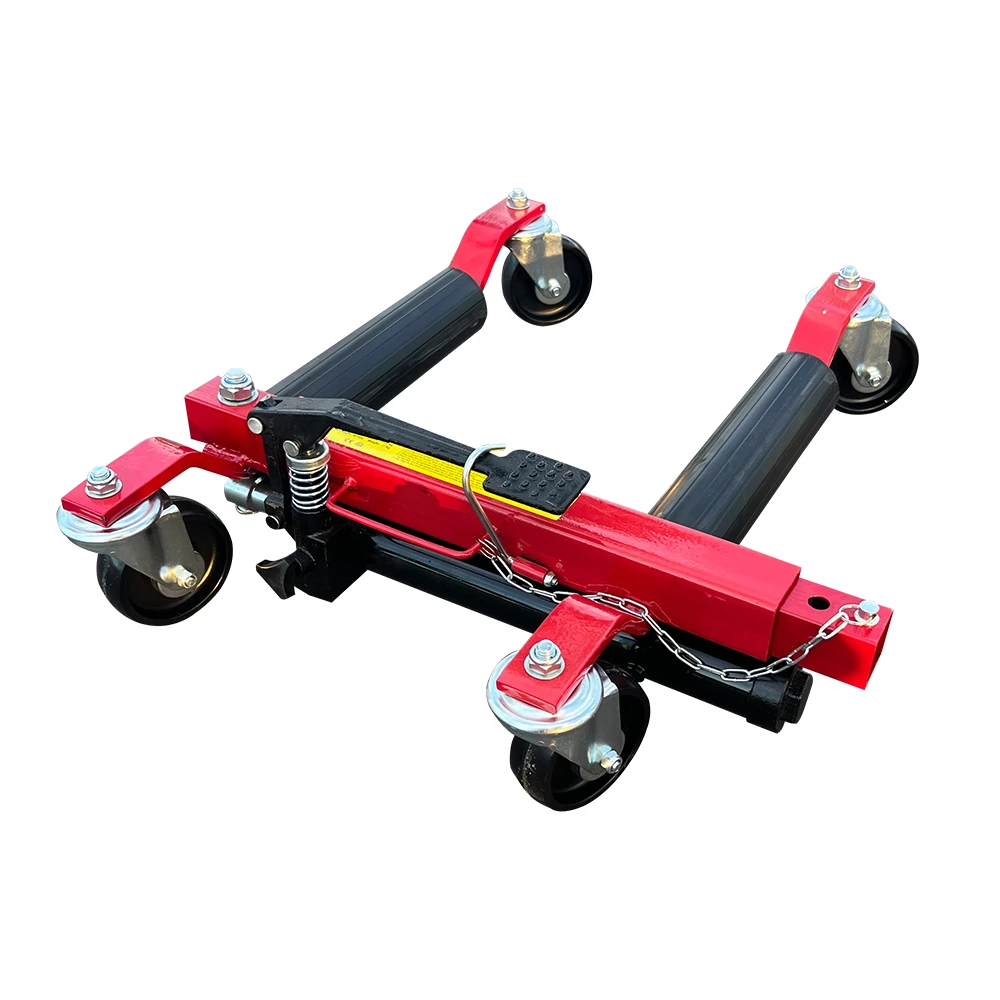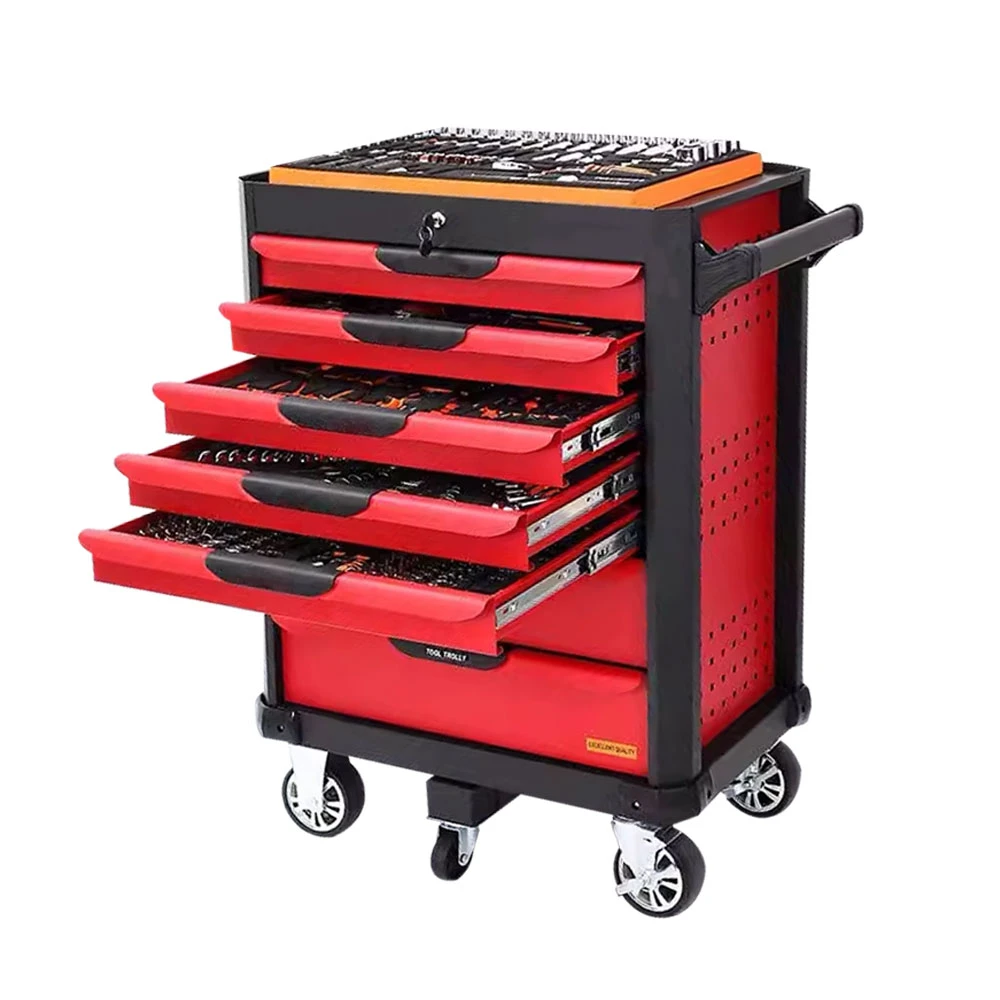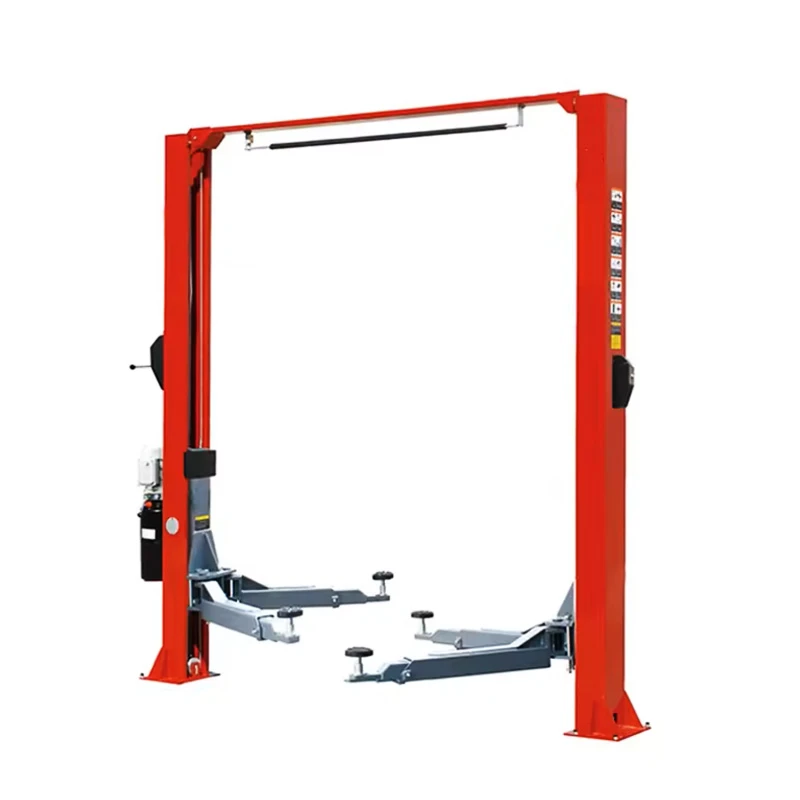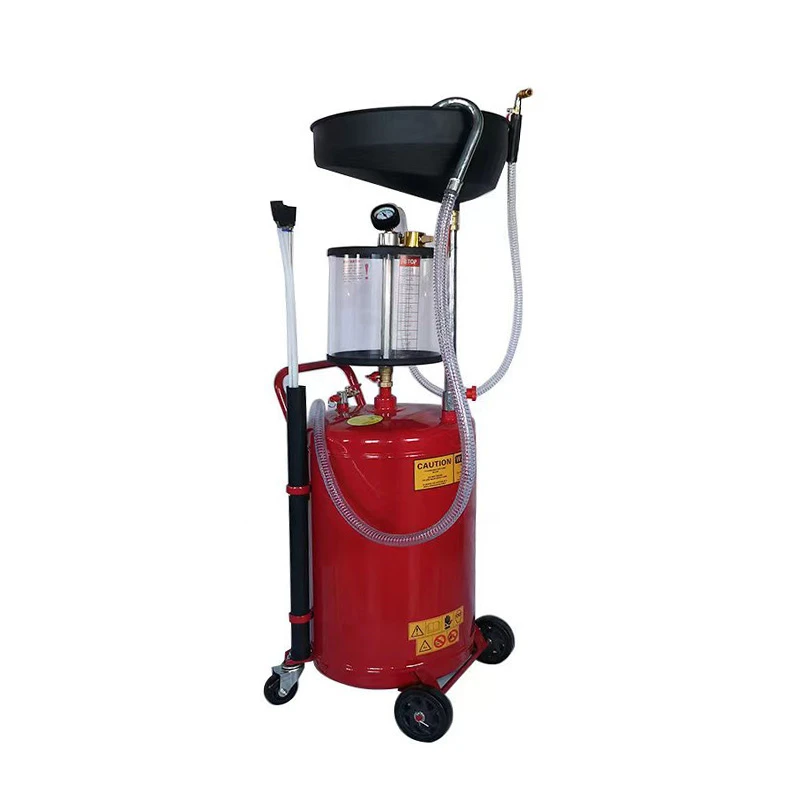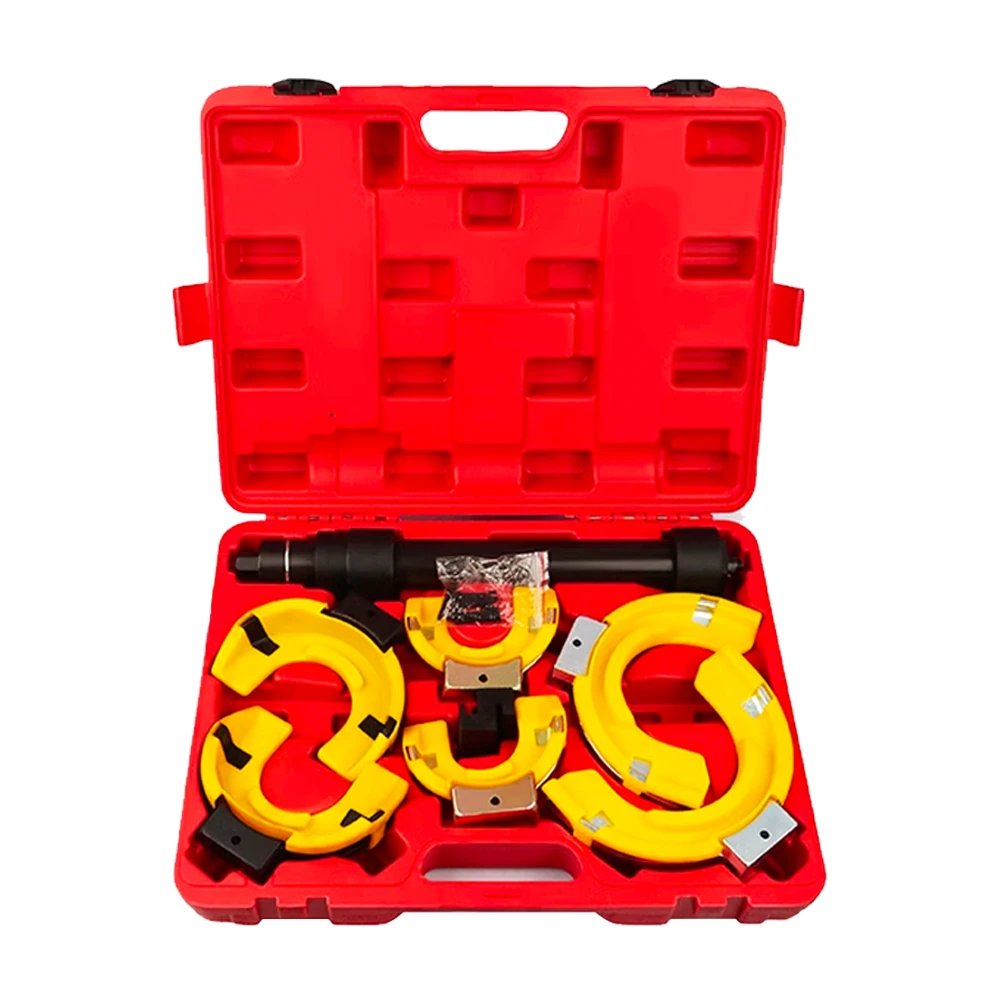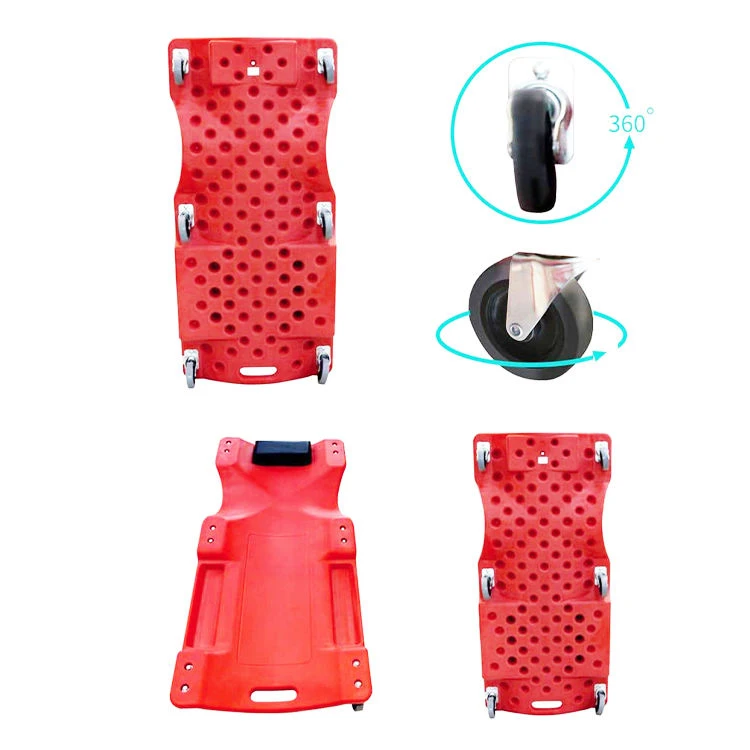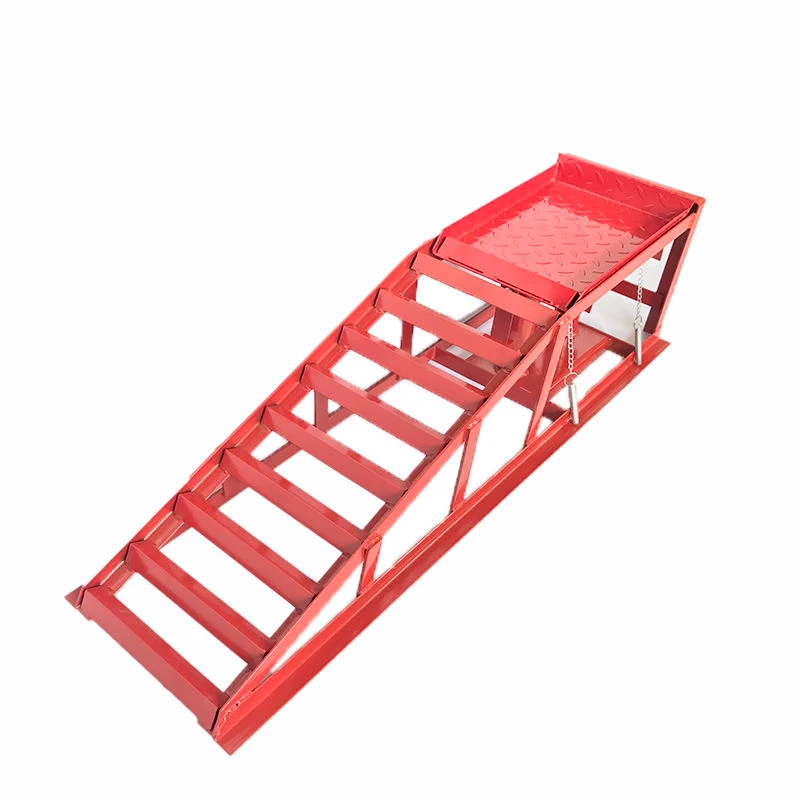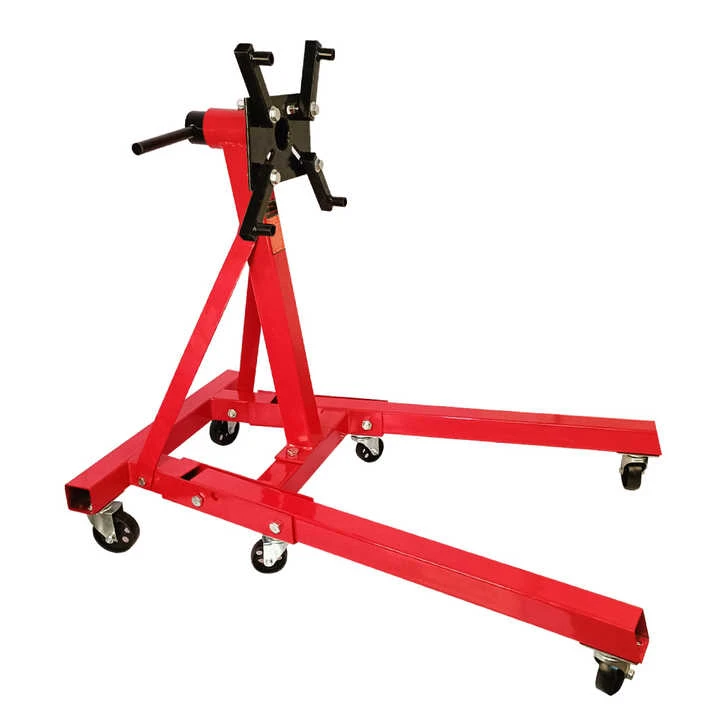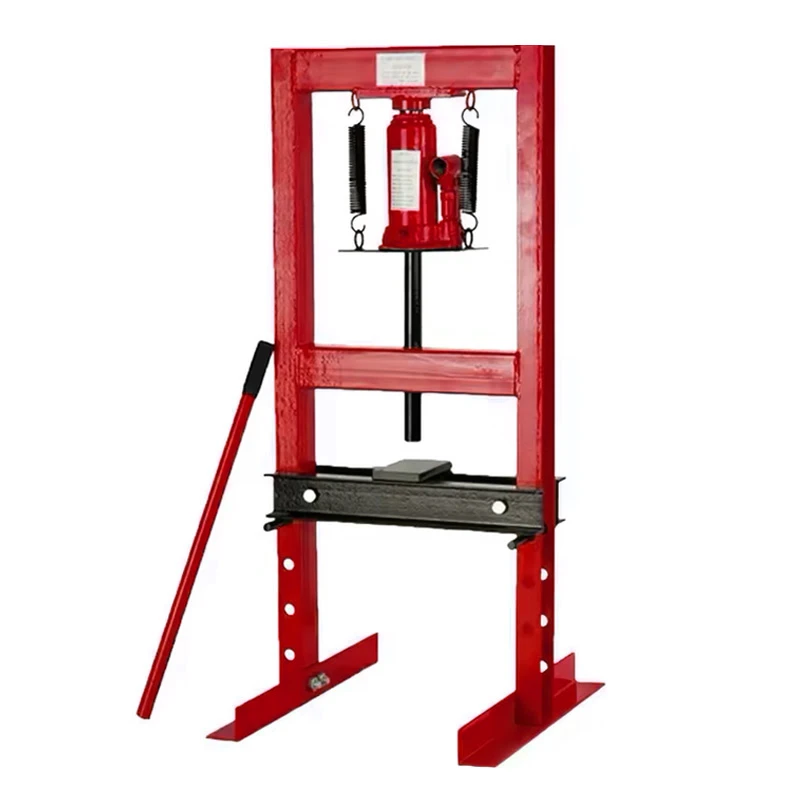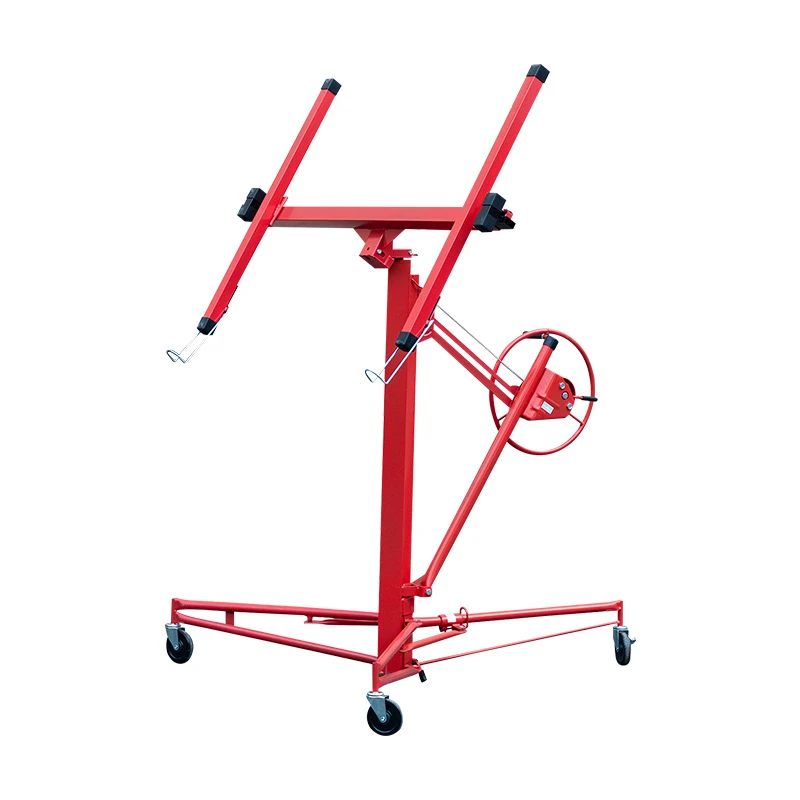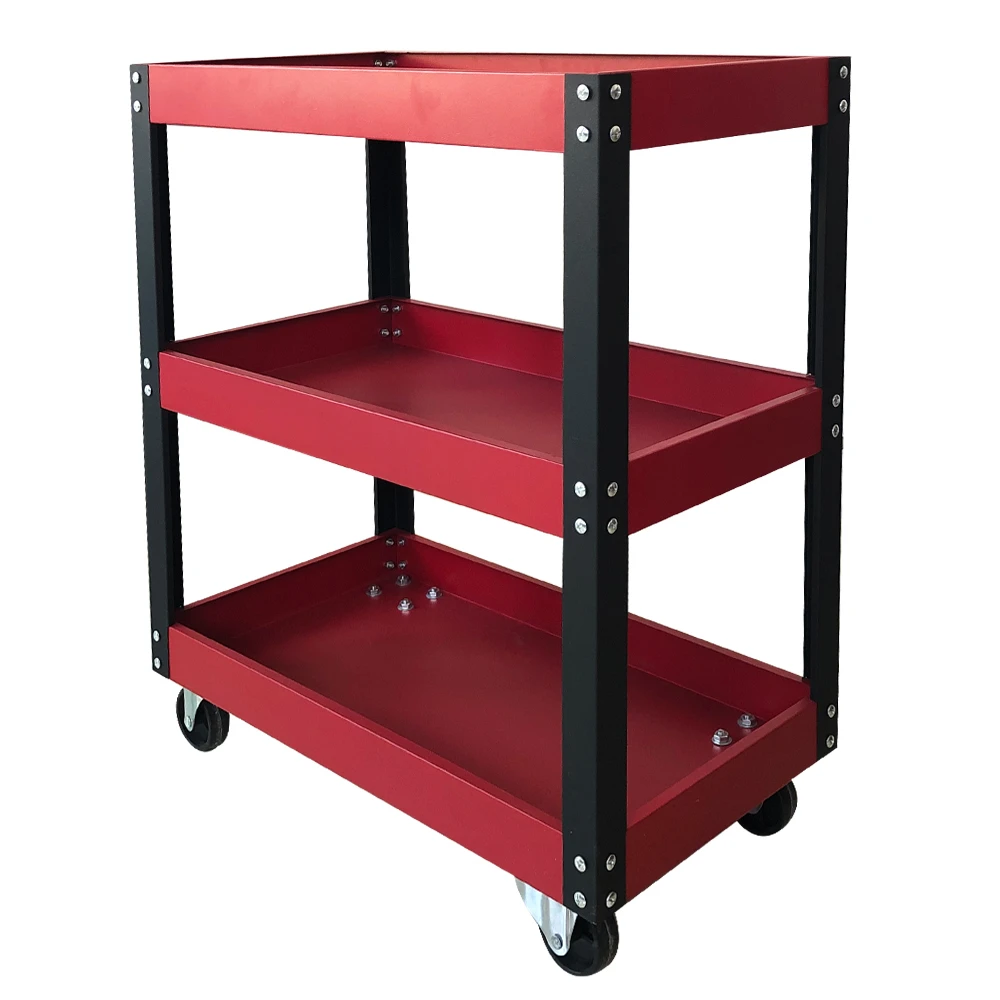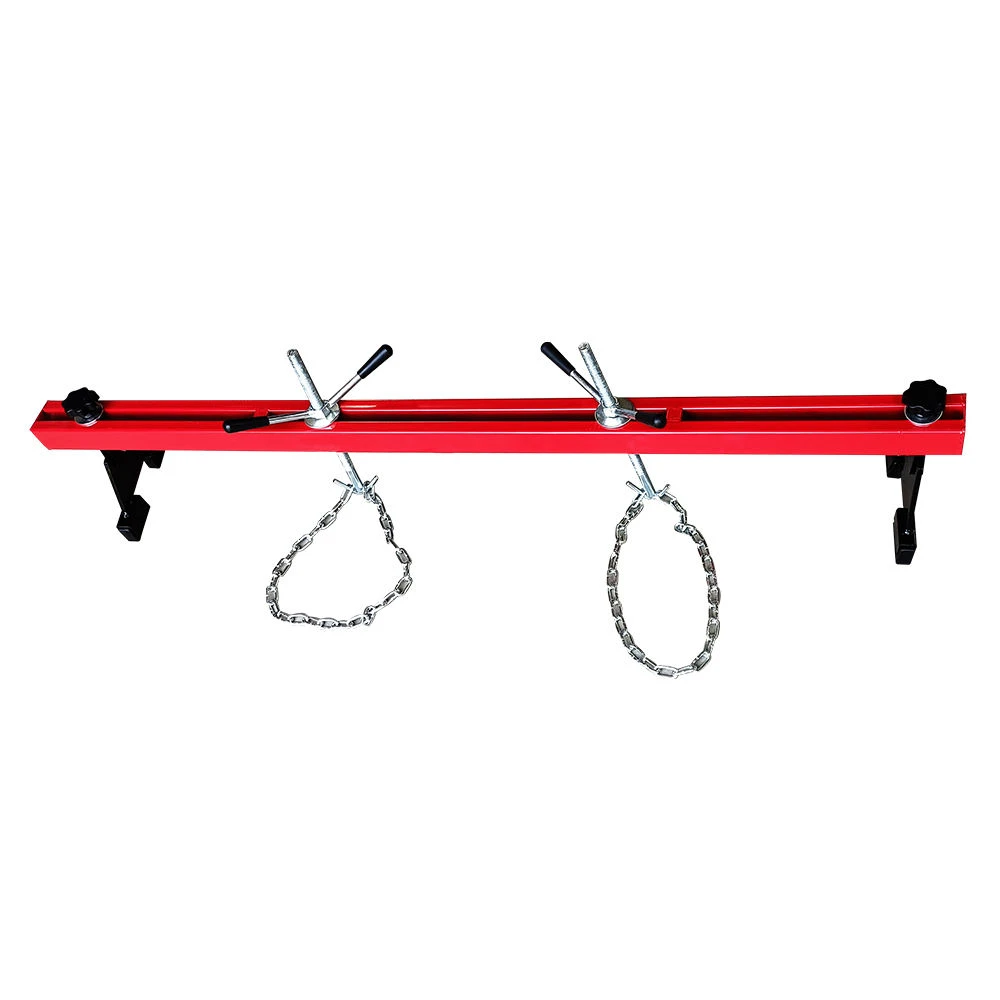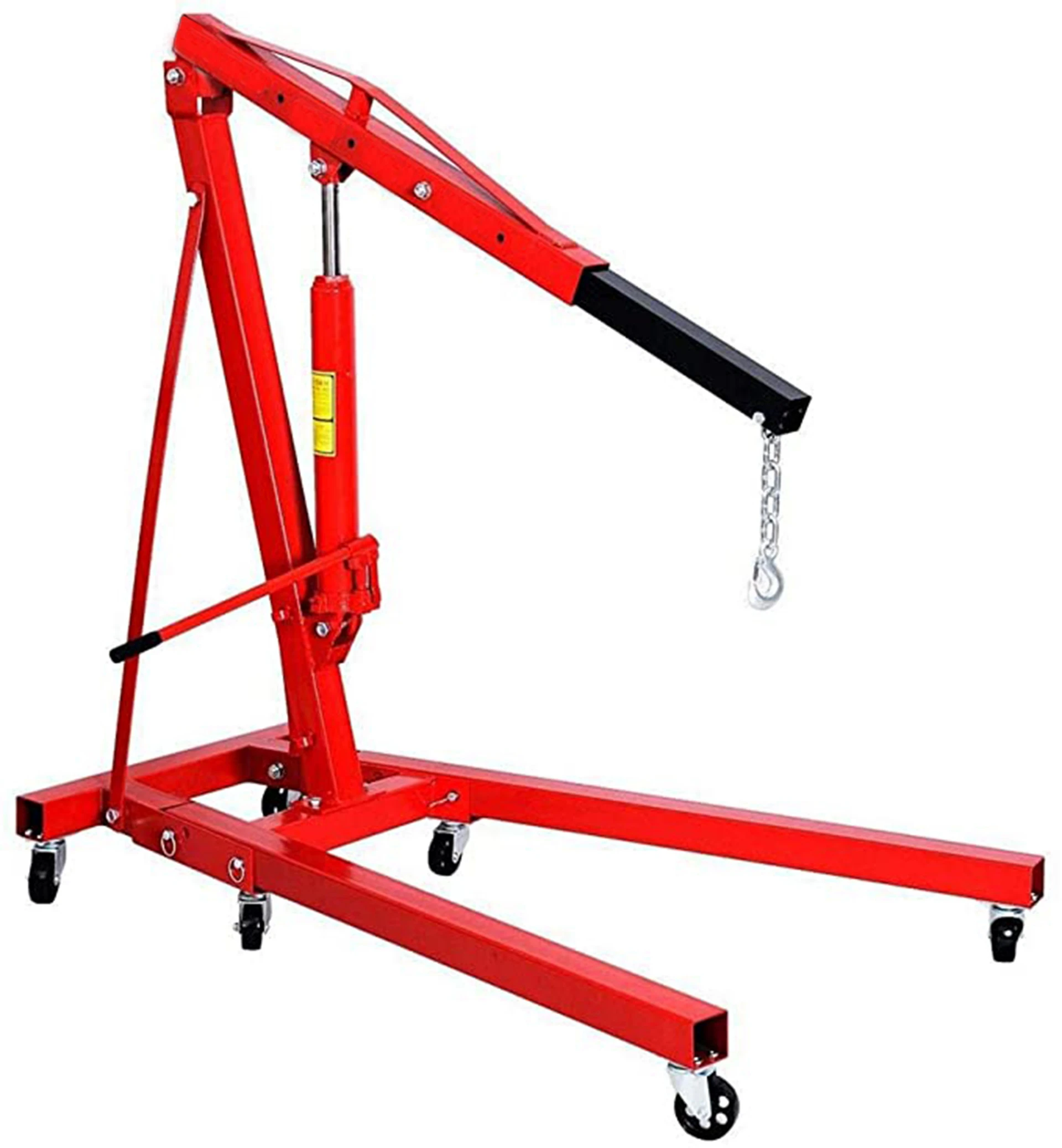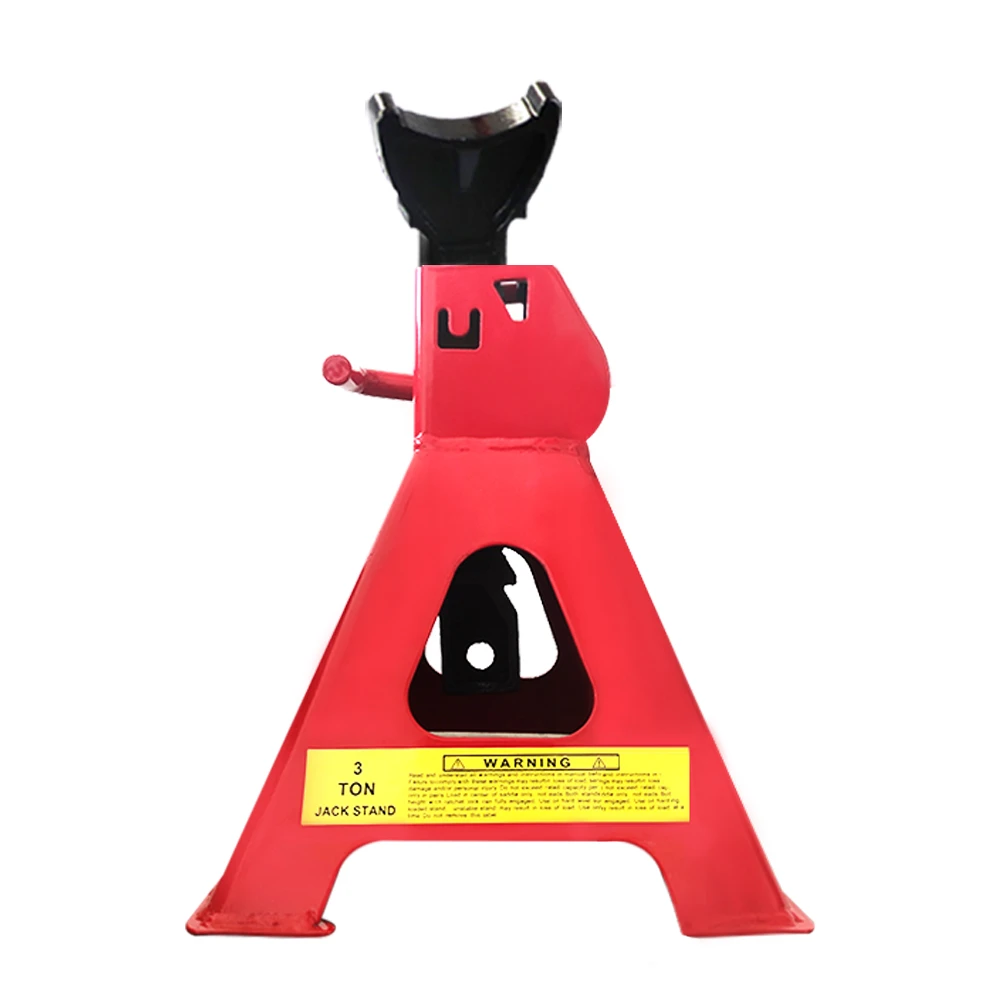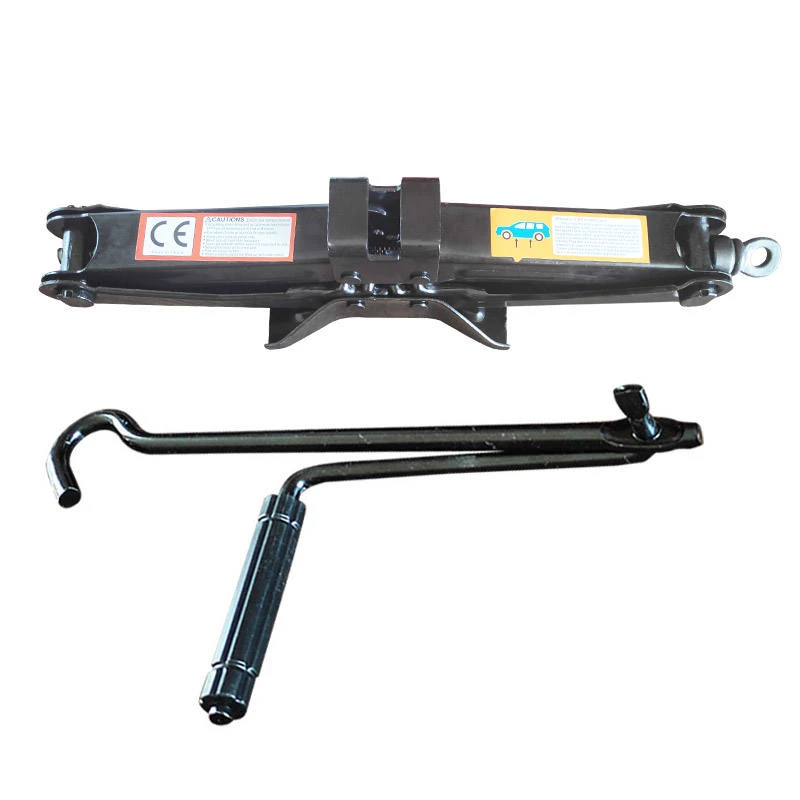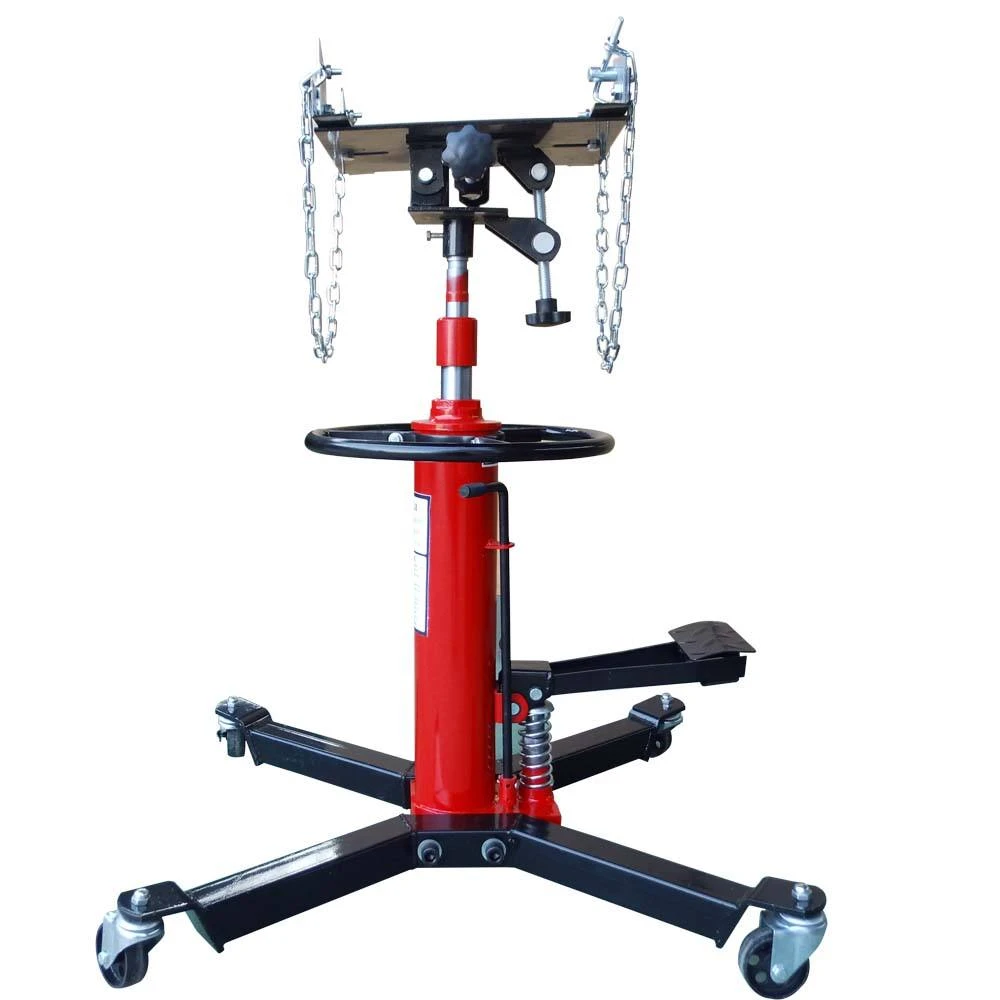1 月 . 17, 2025 02:01
Back To List
1 1 2 ton aluminum floor jack
Selecting the right 1.5-ton aluminum floor jack can dramatically enhance both safety and efficiency in automotive maintenance tasks. As a professional automotive technician with over a decade of experience, I've had the opportunity to use various brands and models. The intricacies of these jacks underscore the sophistication involved in routine vehicle lifting, which might seem mundane but holds paramount importance for anyone serious about car maintenance.
From a professional standpoint, maintaining an aluminum floor jack is crucial for longevity and performance. Regular inspection of hydraulic fluid levels, checks for leaks, and ensuring bolts and nuts are appropriately tightened are basic maintenance practices that keep the jack in optimal working condition. My expertise also highlights the benefit of storing the jack in a dry environment to prevent any potential moisture-related corrosion, despite the inherent rust-resistant properties of aluminum. When considering brands, those with a strong reputation in the automotive industry often offer not only reliable products but also substantial warranties and customer service support. A company that stands behind its product reinforces trust, a critical element in any professional relationship. Thus, investing slightly more in a reputable brand often pays dividends in both performance and peace of mind. In the discourse of floor jacks, price is often a reflection of quality. Skilled professionals and automotive enthusiasts alike understand that an inferior jack may falter under stress, posing significant safety risks and compromising work efficiency. Hence, thorough research and understanding of the features that align with one’s specific needs and vehicle type is indispensable. In conclusion, a 1.5-ton aluminum floor jack is more than just a tool; it's an investment in safety and efficiency. As an authoritative voice in the space, the ability to discern quality and functionality in these jacks ensures reliable performance during critical automotive tasks. By prioritizing features such as build quality, safety mechanisms, and brand reputation, one not only enhances their toolkit but also fortifies their expertise in vehicle maintenance.
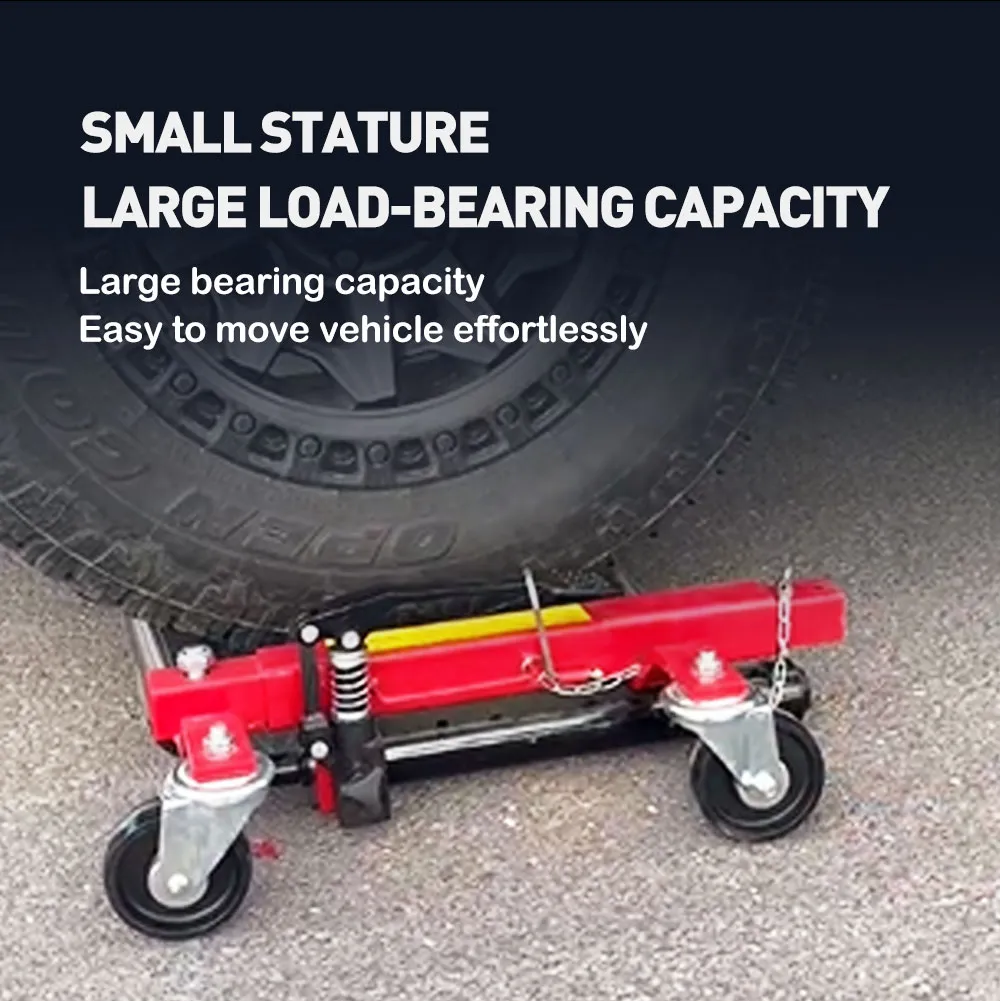
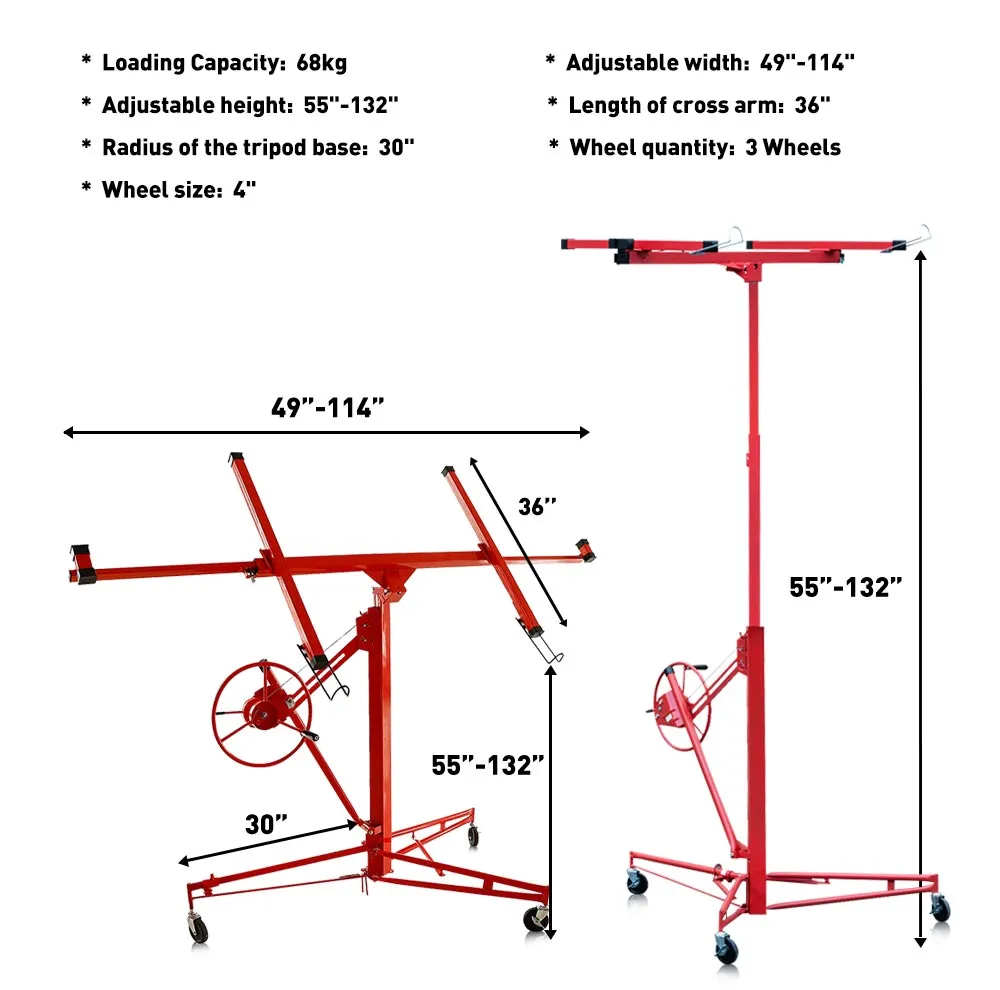
From a professional standpoint, maintaining an aluminum floor jack is crucial for longevity and performance. Regular inspection of hydraulic fluid levels, checks for leaks, and ensuring bolts and nuts are appropriately tightened are basic maintenance practices that keep the jack in optimal working condition. My expertise also highlights the benefit of storing the jack in a dry environment to prevent any potential moisture-related corrosion, despite the inherent rust-resistant properties of aluminum. When considering brands, those with a strong reputation in the automotive industry often offer not only reliable products but also substantial warranties and customer service support. A company that stands behind its product reinforces trust, a critical element in any professional relationship. Thus, investing slightly more in a reputable brand often pays dividends in both performance and peace of mind. In the discourse of floor jacks, price is often a reflection of quality. Skilled professionals and automotive enthusiasts alike understand that an inferior jack may falter under stress, posing significant safety risks and compromising work efficiency. Hence, thorough research and understanding of the features that align with one’s specific needs and vehicle type is indispensable. In conclusion, a 1.5-ton aluminum floor jack is more than just a tool; it's an investment in safety and efficiency. As an authoritative voice in the space, the ability to discern quality and functionality in these jacks ensures reliable performance during critical automotive tasks. By prioritizing features such as build quality, safety mechanisms, and brand reputation, one not only enhances their toolkit but also fortifies their expertise in vehicle maintenance.
Prev:
Next:
Products categories
Latest News
-
Unlock the Power of the Spring Compressor for Your Projects
NewsApr.01,2025 -
Unlock the Power of Safe and Efficient Compression with the Spring Compressor
NewsApr.01,2025 -
Unlock Maximum Efficiency with the Spring Compressor
NewsApr.01,2025 -
Maximize Efficiency and Safety with the Spring Compressor
NewsApr.01,2025 -
Discover the Efficiency of the 2 Ton Foldable Shop Crane: A Must-Have for Auto Repair and More
NewsApr.01,2025 -
Discover the Best Spring Compressor for Your Needs
NewsApr.01,2025 -
Unlock the Full Potential of Your Workspace with the Tools Trolley
NewsMar.21,2025
